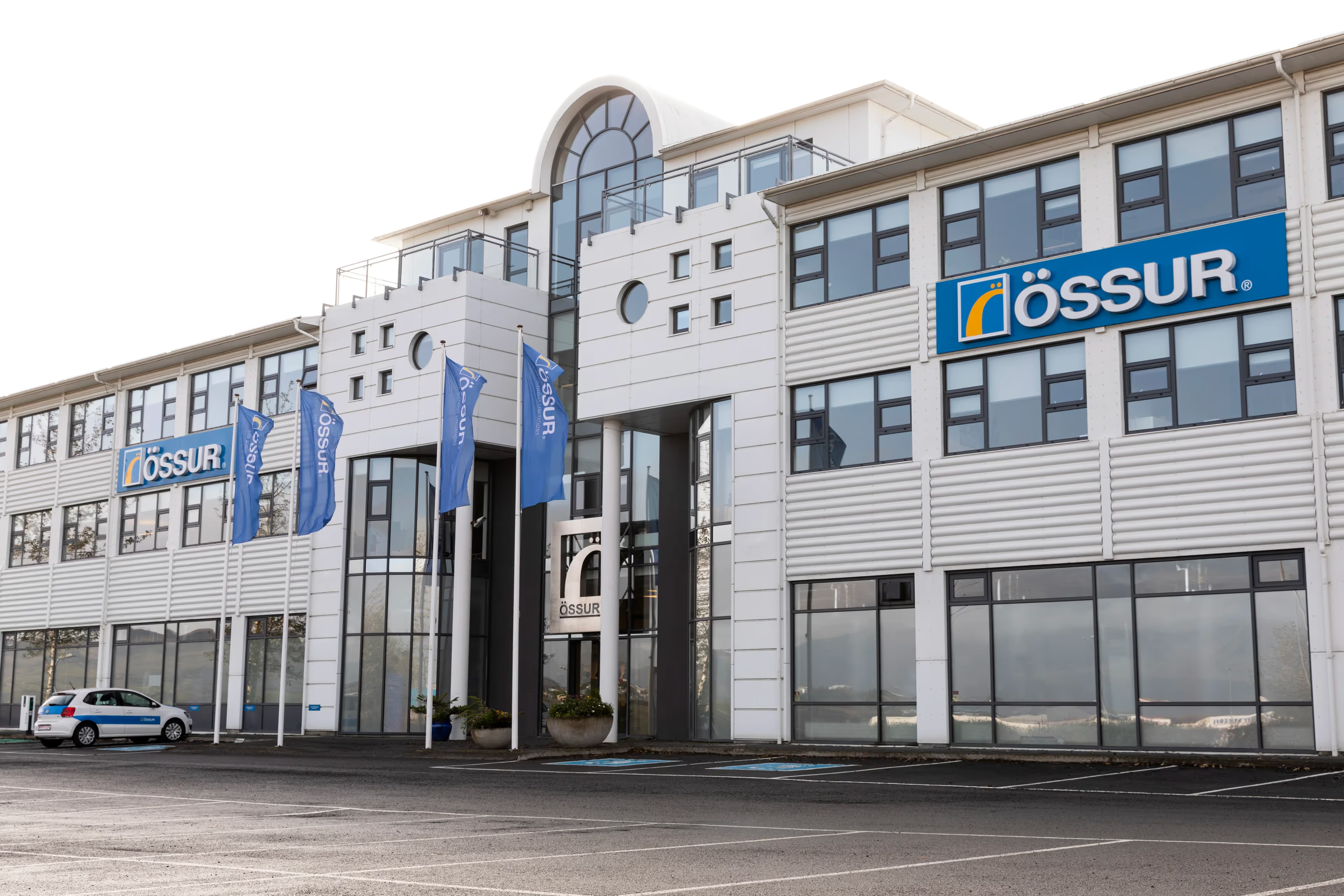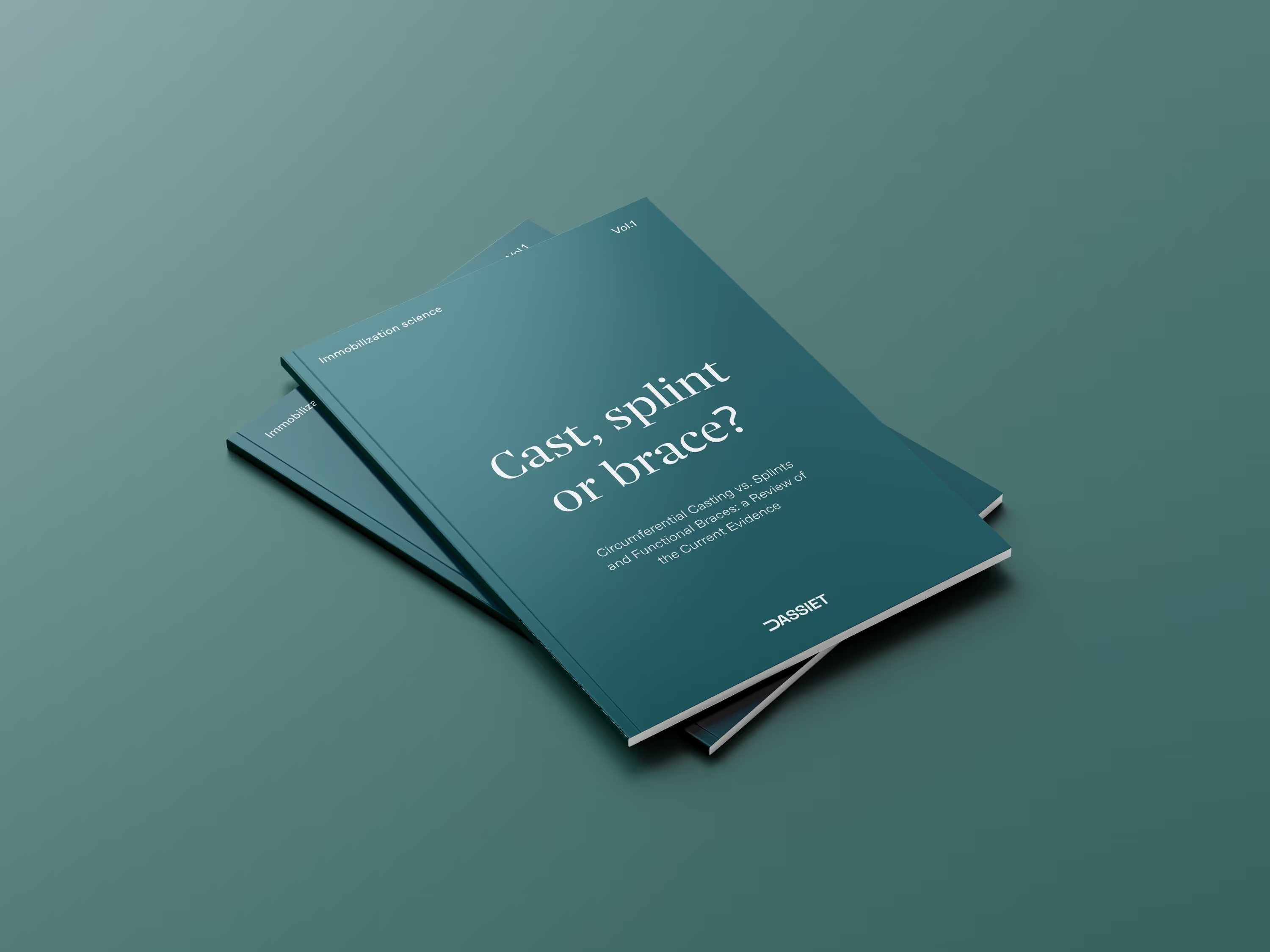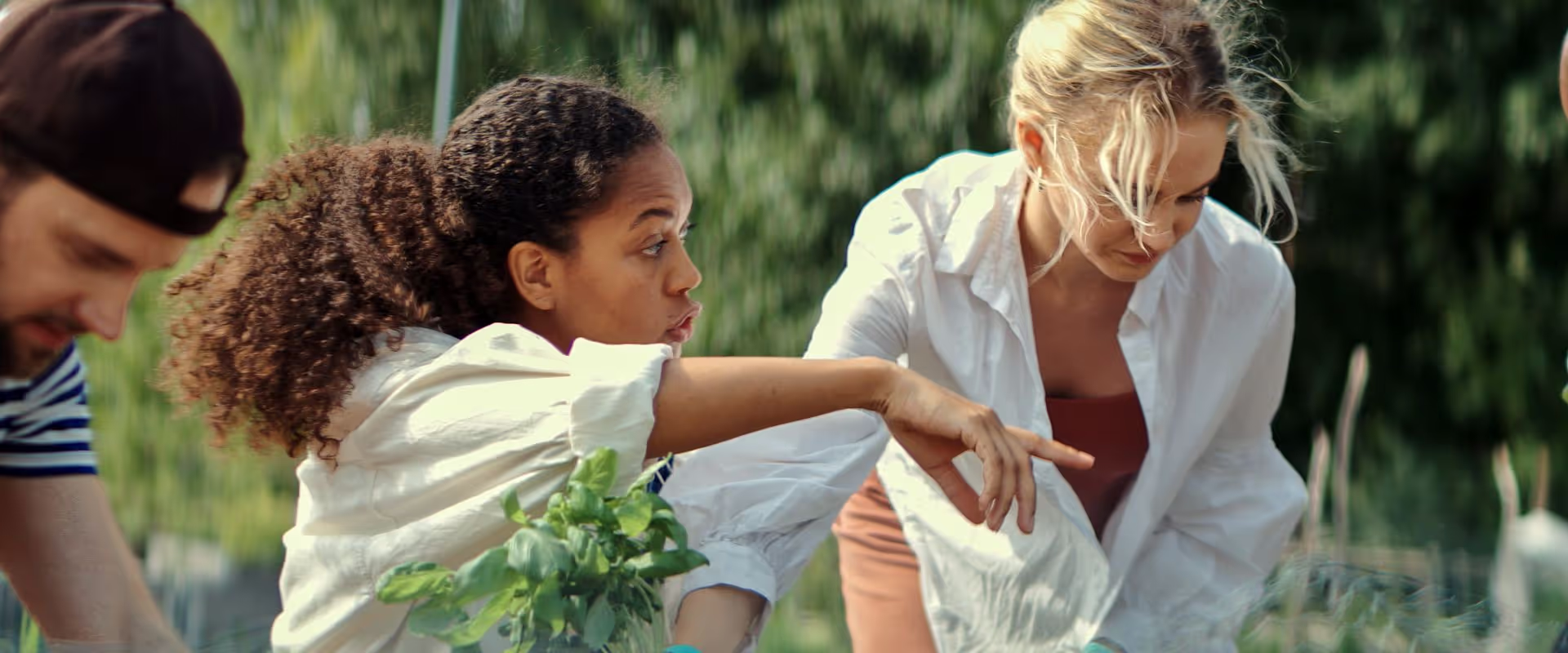Initially, Schultz studied to be an occupational therapist. During her undergraduate studies at the California State University, she heard about a therapist working with a surgeon – something that was very rare at the time. She decided to pursue a similar path, “I chose the road less traveled and became a hand therapist.”
Much has changed since she started: shared practice models, product availability, and working with distributors, to name a few examples. The US healthcare system has also gone through major upheaval. Even so, hand therapists' growing lack of time worries Schultz the most.

Paperwork is taking time from patient work
Schultz closed her private practice in part because of increasing bureaucracy. She wanted to spend time with patients, not red tape.
"When I started, I could spend an hour or more with my patients, but therapists now have less and less patient contact. Spending time with patients is important because it leads to better treatment outcomes”, says Schultz.
Though the issues are much more deeply rooted than simple product choices, having the right tools does help alleviate some of the pressure.
“UCAST helps me spend more time with the patient. You can make a high-quality product in a short time. And it's almost foolproof for a person who knows the principles of orthosis fabrication,” praises Schultz.
After closing her practice, Schultz has continued to treat patients, some that she has known for years. She enjoys being able to make home visits. Recently, one of her long-time patients who has multiple chronic health issues needed a thumb orthosis. The patient has had several similar devices before, but Schultz says the patient told her UCAST stood out from the rest right away.
"She loved it immediately. Unlike some other alternatives, the UCAST thumb splint is comfortable and not bulky at all", explains Schultz.
Boring was never an option
Schultz enjoys hand therapy because it’s never static. Advanced surgical tehniques to manage, as well as new methods, materials, products, and colleagues wait just around the corner. Professional events and trade fairs are great ways to hear the latest news in any business. That is how Schultz found out about Dassiet. She was attending the International Federation of Societies for Surgery and Therapy of the Hand Congress in London in the Spring of 2022. There, Schultz met Dassiet COO and former cast tech, Michael Lindroos.
“I had heard about Dassiet and Woodcast a few years earlier while I was visiting a friend’s clinic in Barcelona. Already back then, I thought the product line was very innovative. I wanted to try it out”, says Schultz. Not long after the London event, she received her first UCAST device.
Schultz now works as a Senior Consulting Therapist through her own company, Karen Schultz Hand and Upper Limb Strategies. She keeps a close eye on where the field of hand therapy is going. With discovery being so important for her, it’s understandable she wishes that her colleagues and future hand therapists have the same opportunity to learn and grow.
"They are under tremendous pressure to perform because of how the practice of therapy and the US healthcare system have changed. I'm unsure if they have the time and resources to acquire knowledge about new methods and devices like I did when I started", she ponders. "I would like to see them prioritize a constant upgrade to their practice skills, devices and materials. I did hold this as a high priority when I started and I still do."
A greener future for hand therapy
When asked about how she sees the future of hand therapy, Schultz immediately brings up the growing importance of environmental issues.
”This topic is very close to my heart. I think finding new ways to make hand therapy more sustainable will be one of the most pressing questions for all of us and especially for new therapists now entering the field”, she says.
Reducing plastic waste and using less oil-based materials are both excellent ways to make hand therapy practice more environmentally sound. UCAST will not only help you do that but will save time and help you make a more comfortable device for your patient.

.avif)


